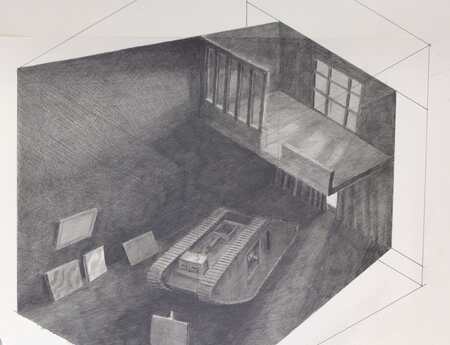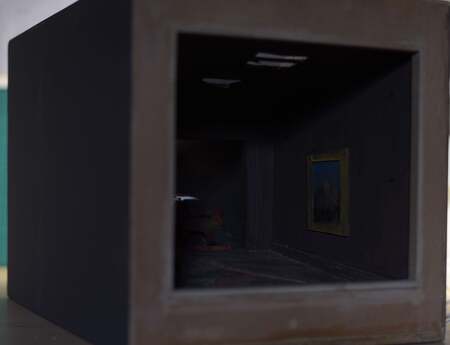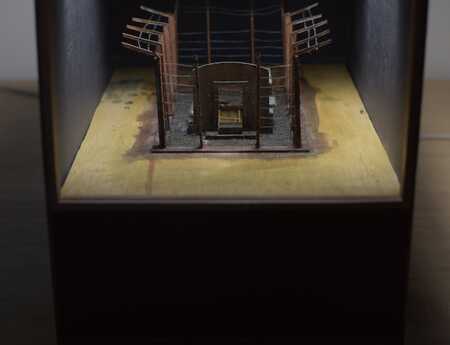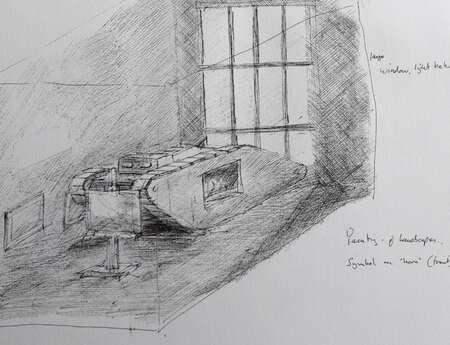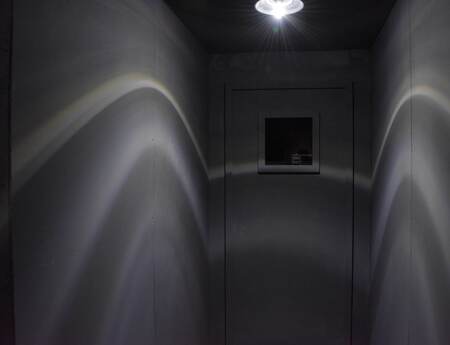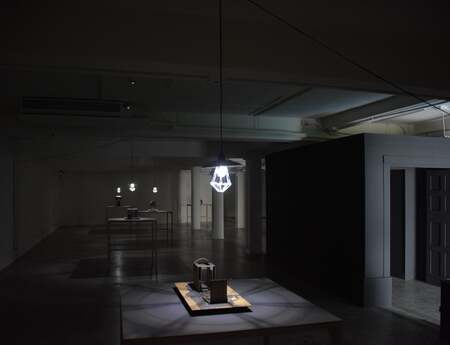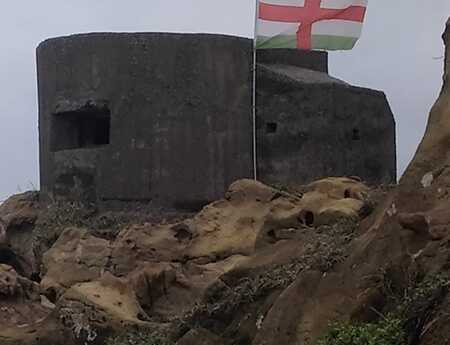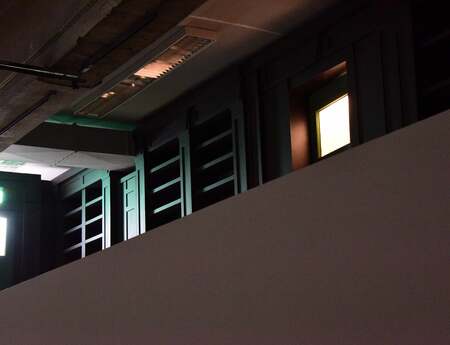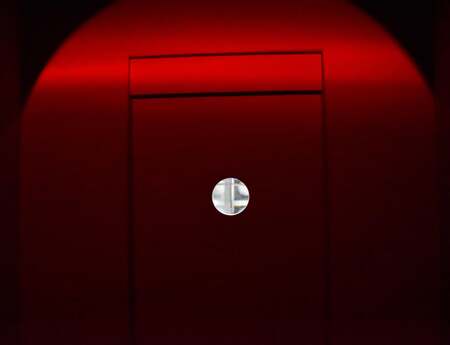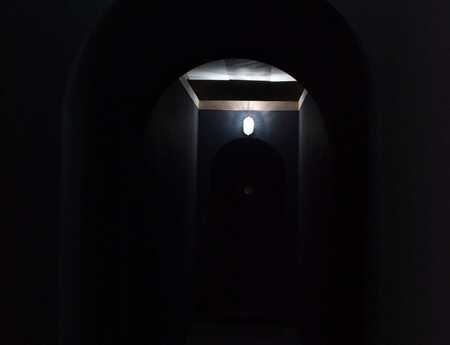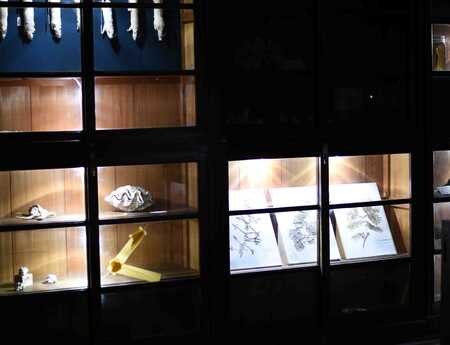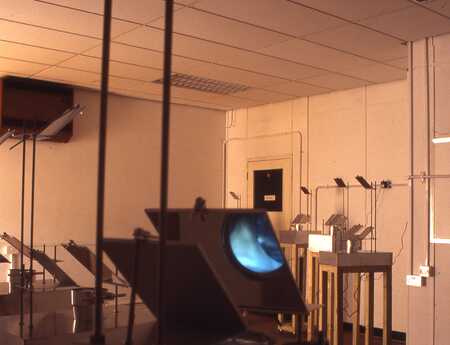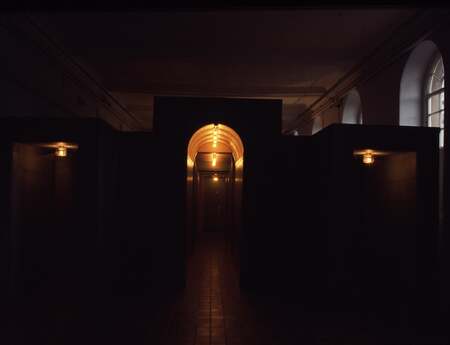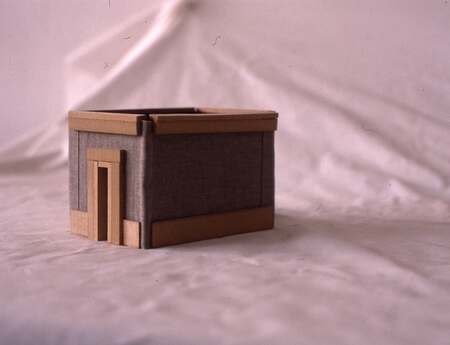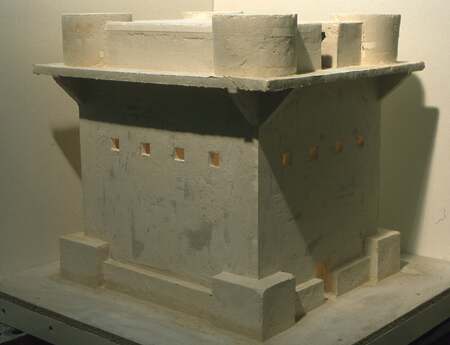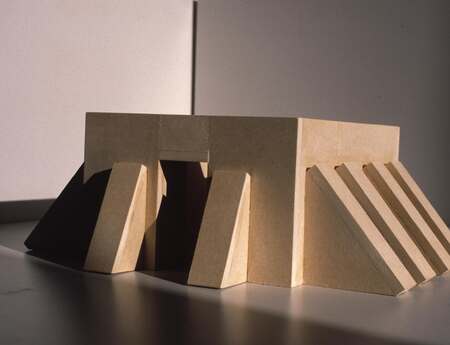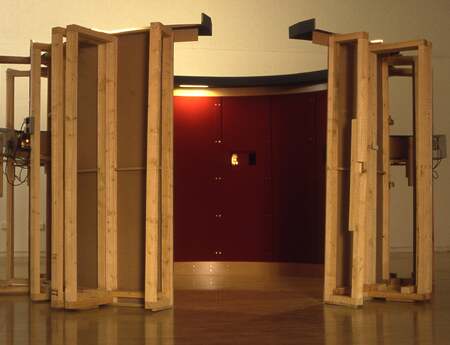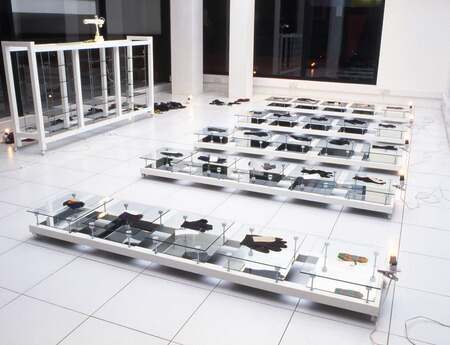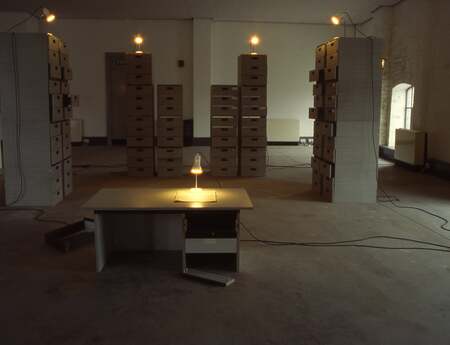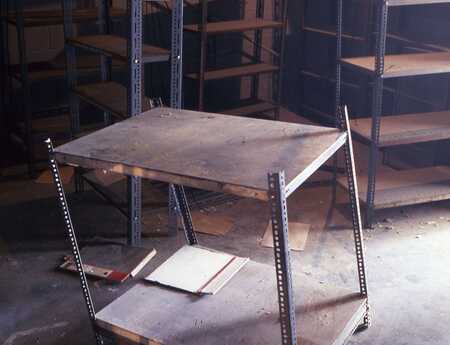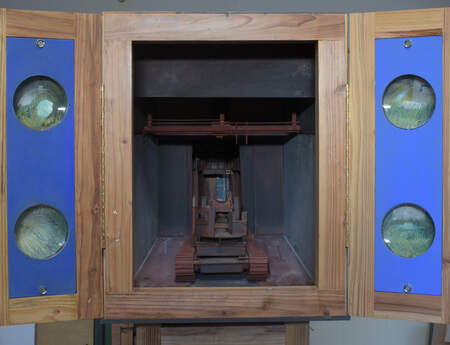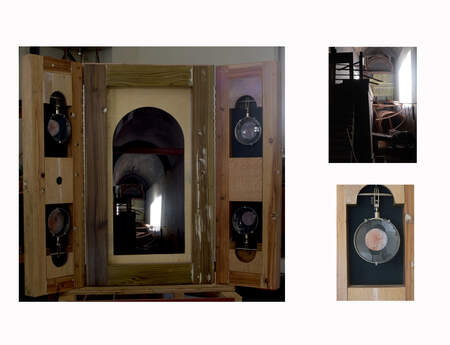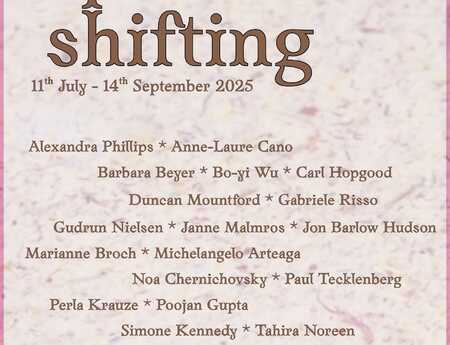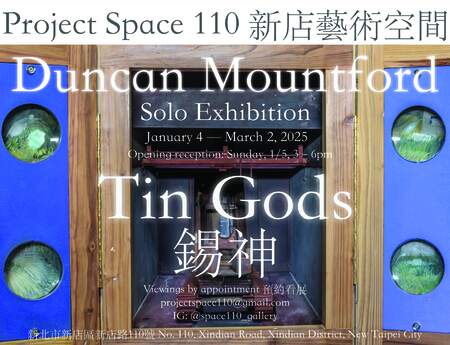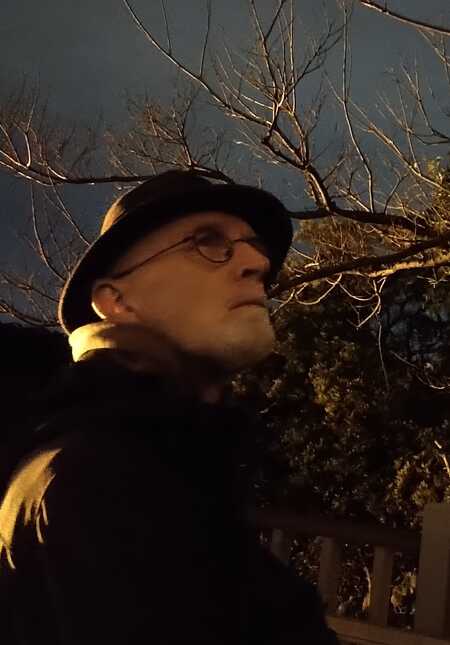
Taiwan
Duncan Mountford
There are two broad themes central to my work. The first is a method of work that draws on contemporary theories of installation, museum display, and architecture (both real and imagined). The basic tenet of the concept of installation, that art works always exist in a relationship and dialogue with site and the viewer, is crucial to my practice, and provides the driving force behind the design of the work. I embrace ideas of theatricality and narrative, and see the works as nodal points in a network of ideas.
The underlying ideas, the second theme of my working practice, cover a range that includes the philosophies of science and knowledge, memory, the manner in which architecture and objects produce narratives. Multiple sources connect to this main framework, from science-fiction films, tv, and narratives, to contemporary literature, poetry, and music from the medieval to the contemporary. Scientific ideas from many fields are an important resource, and form a context for the work rather than being illustrated or used as documentary material.
The work is accessible, open to interpretation, and laced with a degree of humour.
Duncan Mountford was born and raised in the city of Liverpool, UK, in a working-class family. Liverpool is a port city, a city that is independent and with a disregard for authority couple with a sense of sceptical humour. It is a city with numerous public museums, galleries, and libraries, with a strong tradition of auto-didacticism. All of these factors are reflected in Mountford’s work.
He studied for his BA (hons) Fine Art in Liverpool and Coventry, and worked as a community artist in Coventry before moving back to Liverpool and joining the Arena Studio group. He returned to full-time education to study for his MA at Winchester School of Art, and was then awarded a scholarship to pursue PhD research at Nottingham Trent University. During this time, in addition to exhibiting widely, he worked in various roles in museums and galleries, including Tate Liverpool. This engagement with the totality of the art-world, from gallery education to technician work, is reflected in his critical stance towards the means and methods of exhibitions.
He currently lives and works in London and Taipei, and sees his teaching as a continuation of a wider engagement with issues of knowledge and history/memory.
